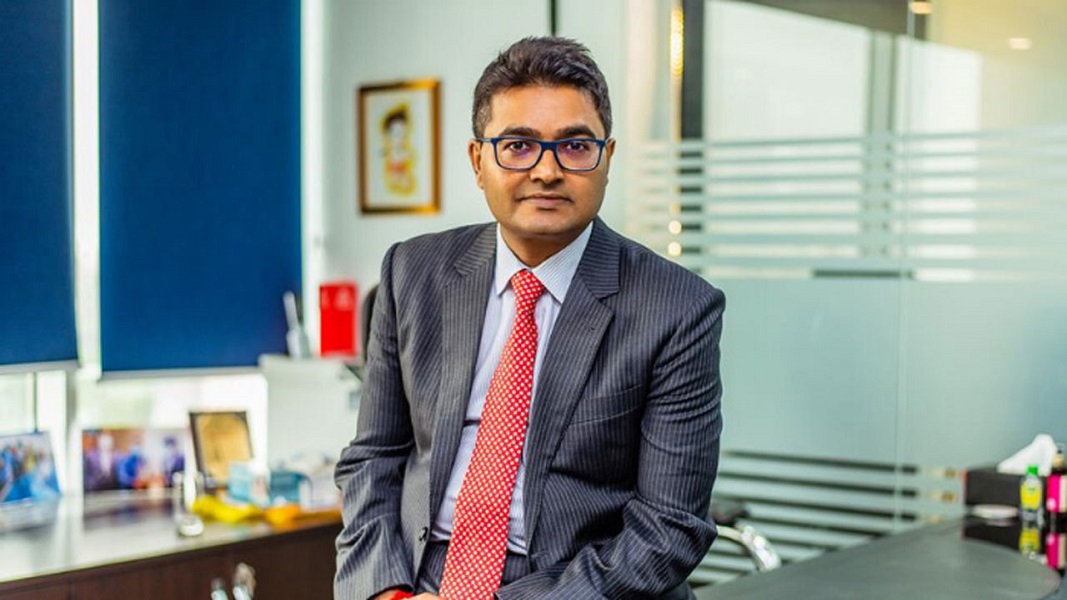FG, LASG support instrumental in business performance at LFZ – CEO
07 February, 2024
Mr Dinesh Rathi, Chief Executive Officer (CEO), Lagos Free Zone (LFZ), says the support from the federal and state governments has been instrumental in fortifying the performance of businesses within the zone.
Rathi said this on Tuesday in an interview with the News Agency of Nigeria (NAN) in Lagos.
He explained that the zone had received investment of more than $2.5 billion, which was already fully deployed on the ground towards manufacturing assets.
He noted that over the last 10 years, the zone had created more than 4,000 direct and 15,000 indirect jobs, which had benefited the local youths from the host communities.
He added that it had been projected to grow to more than 35,000 direct jobs by 2035.
Rathi said that while the regulatory environment played a crucial role in business operations, collaborative efforts between the federal and state governments had streamlined regulatory processes.
This, he explained, made it more conducive for businesses to operate within the Free Zone.
According to him, this includes initiatives to simplify licensing procedures and reduce bureaucratic bottlenecks.
“In addition, both levels of government have demonstrated a strong commitment to infrastructure development.
“This includes the ongoing expansion of road networks and power supply enhancements. These infrastructural investments directly benefit businesses by improving connectivity and operational efficiency.
“The two biggest examples of support from government agencies are the efficient customs operations at LFZ and the fast-tracked construction of the coastal road development, ” he added.
The CEO also disclosed that in the past five years, LFZ had demonstrated remarkable growth in trade volume, experiencing steady increase in committed Foreign Direct Investment (FDI) with the total investment of $2.5 billion during the period.
He expressed optimism of a continued upward trajectory, projecting a significant boost in trade volume.
“While specific figures are contingent on various factors, our forecast indicates 100 per cent phase 1 occupancy by 2029.
“This positive outlook is underpinned by our commitment to fostering a business environment, attracting diverse industries, and capitalising on the infrastructural developments, including the recent advancements at Lekki Deep Seaport
“Essentially, we have made it possible for companies to now make in Nigeria for the whole continental market.
“We believe the Lekki Port and LFZ combination can be a silver bullet to the problem of logistics. As such, this development at Lekki Deep Seaport holds tremendous prospects for businesses within the Lagos Free Zone.
“Evidently also, this development unlocks the locational and infrastructural advantages for multiple manufacturing and logistics sectors that will be able to service both the domestic and regional markets from within Nigeria with unprecedented efficiency,” he said.
Rathi, however, acknowledged that operating in a dynamic business environment like that of Nigeria comes with its set of hurdles, chief of which, he said, was the current macroeconomic uncertainties.
“The impact of such volatilities poses challenges for businesses operating in the country.
“However, companies within the Free Zone actively engage in risk mitigation strategies to navigate these uncertainties,” he said.
On the Zone’s gains, Rathi said infrastructural development within LFZ had reached a notable milestone, with its investment profile growing continually.
He said that ongoing projects include the recently EDGE certified Irele Tower, as well as the groundbreaking ceremony for the Natural Gas Facility at Lagos Free Zone.
Raiti noted that the project marks a pivotal moment in its commitment to sustainable and efficient energy solutions.
“We are experiencing an increase in both local and international investments, indicating a high level of confidence in the strategic positioning of the free zone.
“Notable investments span industries such as food and beverages, assembly, pharmaceuticals, engineering, chemicals, and downstream oils to mention a few.
“There are numerous incentives and business opportunities available for any investor who wants to invest in the Lagos Free Zone such as exemption from paying any levies, taxes, or rates at local, state, and federal levels.
“Qualitatively, our biggest impact on the Nigerian economy comes from providing a hassle-free ecosystem with reliable industrial infrastructure that allows companies to focus on growth rather than overcoming operational challenges,” he said.
The CEO urged the Nigerian government to focus on developing and sustaining campaigns to promote both Nigeria and its free zone scheme within the right global and domestic markets to further stimulate investment.
NAN reports that the LFZ, currently home to more than 30 companies, reflects a diverse range of industries and sectors that have chosen to establish their operations within the Free Zone.
Globally, brands like TATA International, Kellogg’s, Colgate, Palm-Olive, and Arla have chosen to establish their operations within the Free Zone. (NAN)(www.nannews.ng)


